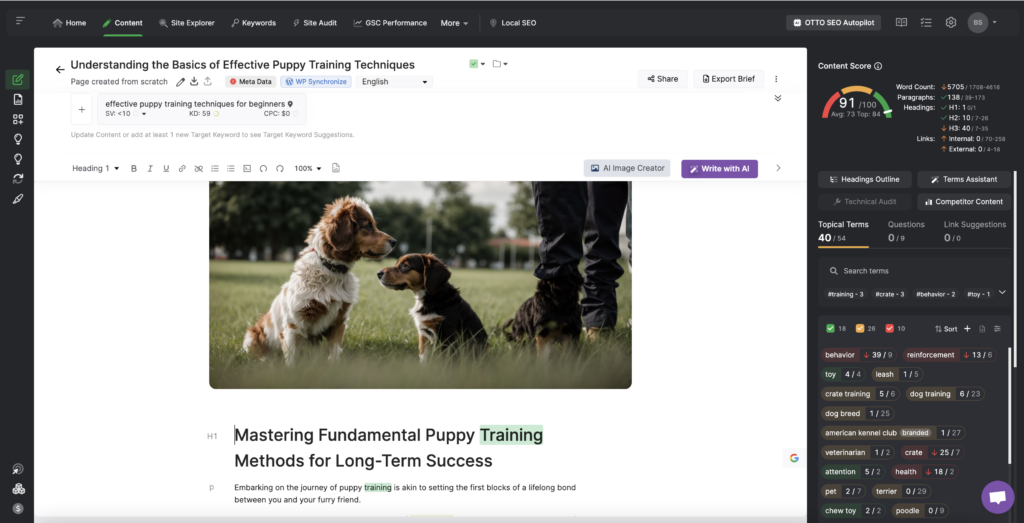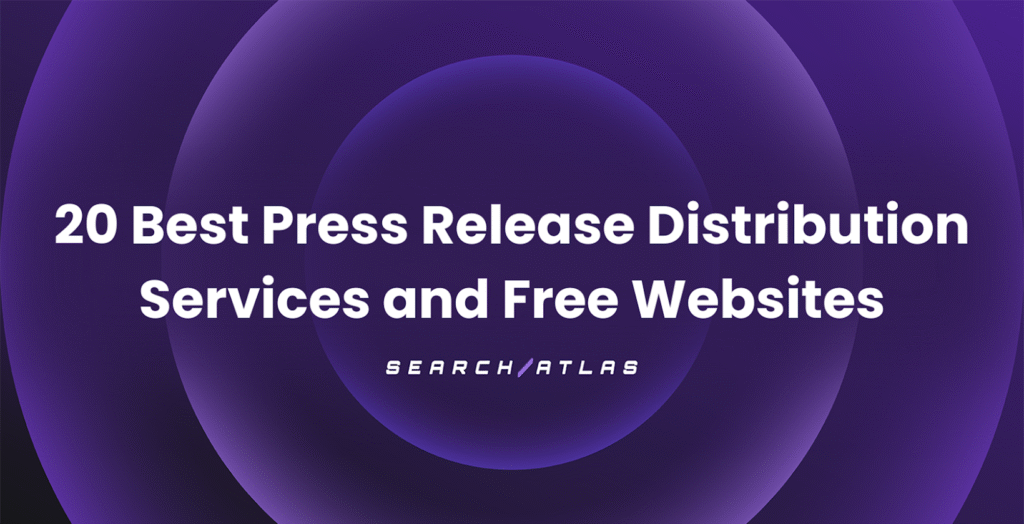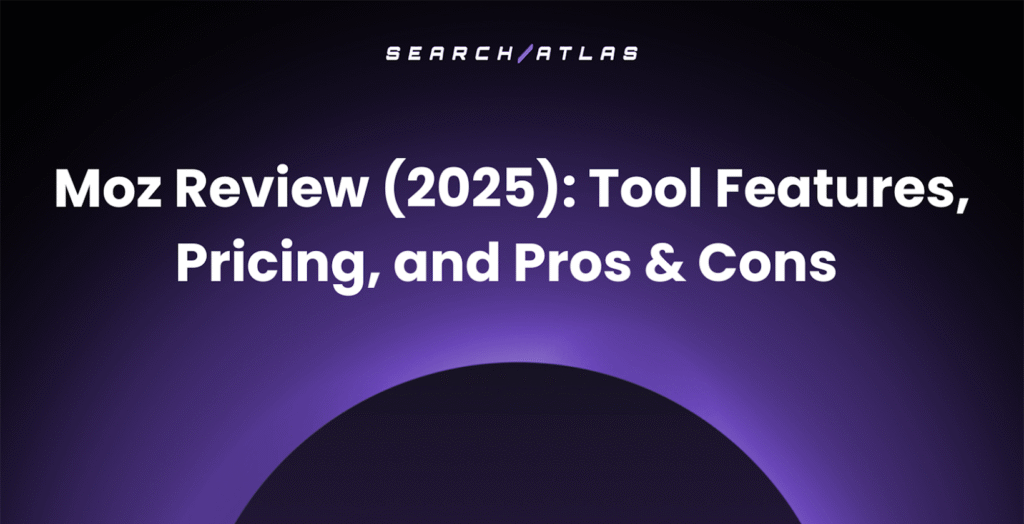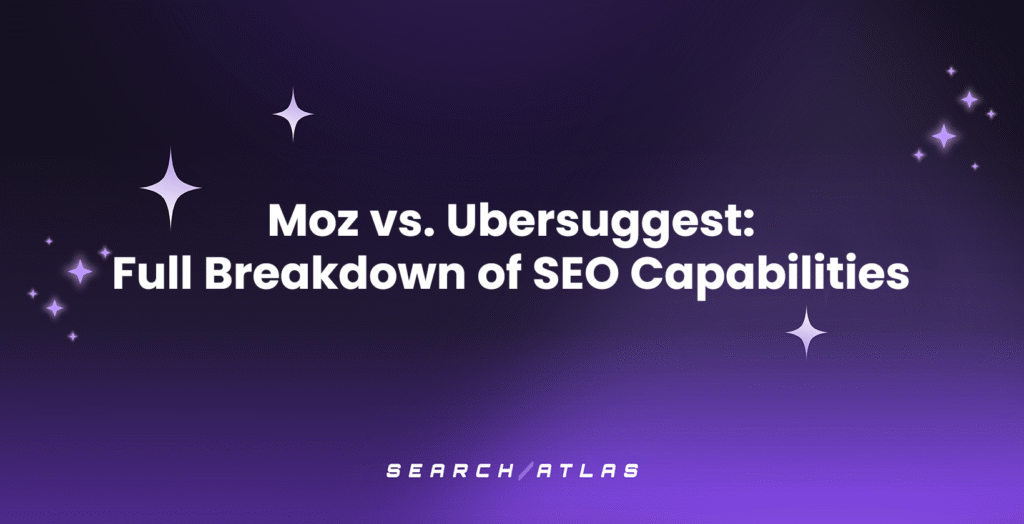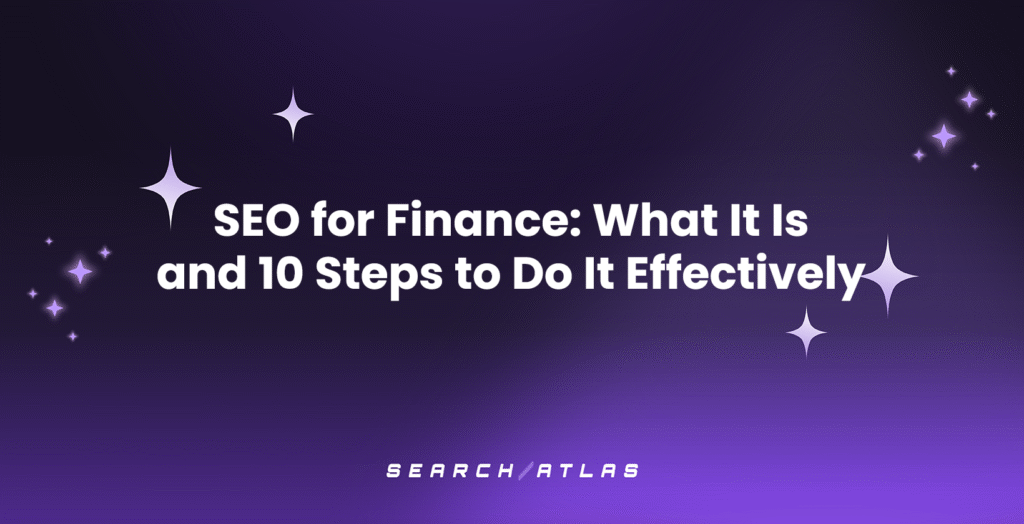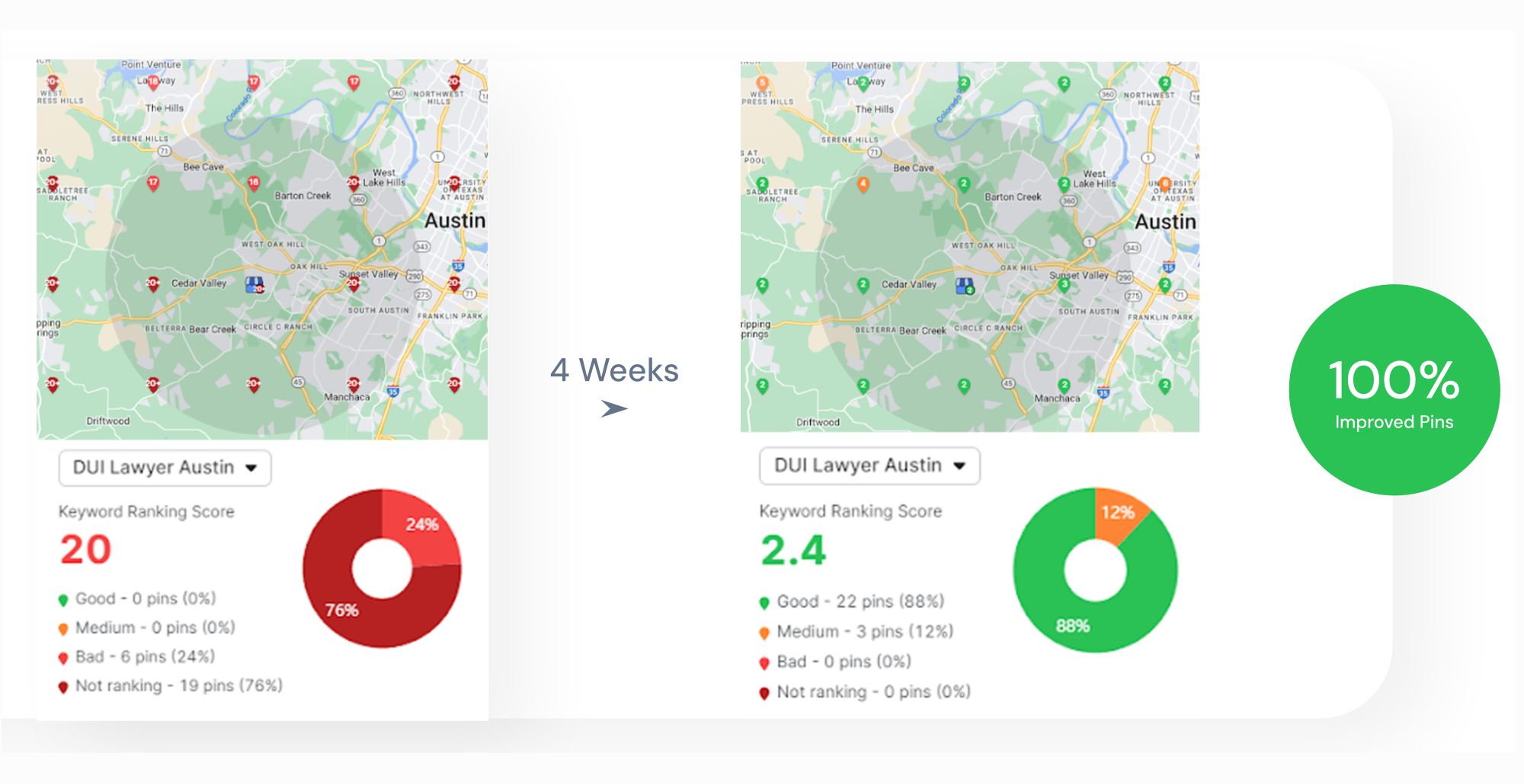This content was originally published on DigitalSummit.com.
Search engine optimization (SEO) strategists are in higher demand than nearly any other digital marketing position. Why? Because SEO provides businesses with an affordable way to drive traffic with a long-lasting ROI.
Transitioning into the role of an SEO strategist or ramping up your SEO knowledge is a wise move considering the future of the digital marketing industry. As paid media continues to grow more expensive, businesses will want to utilize SEO to earn new customers and grow their market share.
But to become an expert in SEO, you will need to master the following skills:
1. Data Analysis
Successful SEO strategists live and breathe search data. From organic clicks to page speed, SEO specialists must learn to analyze big amounts of data and draw strategic insights to make smarter optimization decisions.
Unlike most data-intensive professions, however, there are no simple formulas for predicting exactly how Google will respond to every new piece of content or site update. Factor algorithm updates, and you will find yourself looking at data from a whole new lens.
In SEO, you must develop an eye for the macro and micro aspects of search data. To gain access to the most comprehensive and latest data for your clients’ websites, you will want to utilize the best SEO tracking tools.
Google Search Console or SEO tracking platforms that use Google’s API will provide you with the most accurate and up-to-date metrics so you can understand your SEO performance in real time.
2. Keyword Research
Similar to data analysis, there’s an art and a science to choosing the best keywords to target. Most SEO strategists work alongside site owners to create keyword strategies that connect those site owners to qualified audiences.

What makes for an ideal keyword target? Search volume, cost-per-click (CPC), and Keyword Difficulty can guide SEO strategists to keyword searches that provide a realistic ranking opportunity for their clients.
As a SEO consultant, you will also want to consider the search intent of a keyword in addition to its competitive landscape. Commercial and transactional keywords will require different types of content than information queries.
The most successful SEO strategists understand the granularity of keywords and search intent, then leverage that knowledge to their clients’ advantage.
3. White-Hat Link Building
Many people are surprised to learn that off-site SEO efforts can be just as pivotal to ranking success than on-site content optimizations and site speed improvements.
But one of the hardest parts of SEO strategy is building off-site signals and site authority. Not only does organic link building take time, but it also requires industry knowledge and outreach skills.

For the biggest impact, identify high-authority sites within the same industry as your clients. Then advise the site owner to pitch their content to those sites as potential resources for their own content. Or, you can do this manual outreach as a part of your SEO deliverables.
Keep in mind Google is always looking for:
- Expertise: how well-qualified the content creator is
- Authoritativeness: how well-recognized the author is in their field
- Trustworthiness: providing qualified information that is not spammy
4. Competitor Research
It’s rare to find a website that isn’t built on a CMS platform like WordPress or Shopify. And as an SEO strategist, you will want to get to know these most common platforms so you can help a variety of clients.
The best way to do this is to build a few websites yourself.

While you likely won’t be asked to build a site as an SEO expert, you will need to know how to manually work on a site’s HTML in WordPress and other site builders. SEO plugins like Yoast SEO can help you confirm that the pages you build on your site are displaying SEO best practices.
5. CMS Site Development & Editing

There is no one-size-fits-all approach to SEO. So, how do SEO experts advise their clients on what steps to take to improve organic traffic?
Analyzing a competitor’s keywords, backlinks, internal linking structure, content, Schema, and core web vitals can give you unparalleled insight.
Use this research as a launching point by:
- Identifying any content gaps among the competition.
- Deciding if the site you’re optimizing can surpass the top-ranking pages by providing great topical depth.
- Determining if improving the site’s content can give it the potential to reach page one for relevant keywords.
- Identifying if a greater diversity of content formats, such as videos and infographics, could improve the site’s landing pages and blogs.
6. Search Engine Algorithms
Understanding how Google’s algorithms work is a must. However, SEO is a dynamic science. Google updates their algorithms several times per year with major rollouts. They also rollout minor changes consistently, sometimes hundreds to thousands of times per year.
And, of course, the majority of Google’s algorithm ranking systems are proprietary. Because of this, SEO specialists must thrive on search engine news and strive to understand how algorithm updates work. The Google Search Central Blog, and SEO publications and podcasts, are great ways to see how algorithm updates impact the overall SEO industry.
SEO strategists have an important job to do: ensure the best content can be found by Google and its users. Mastering the skills it takes to become an SEO professional takes time and ingenuity. Fortunately, as technology continues to advance, refining the science behind mastering the SERPs becomes more accessible for more people.


